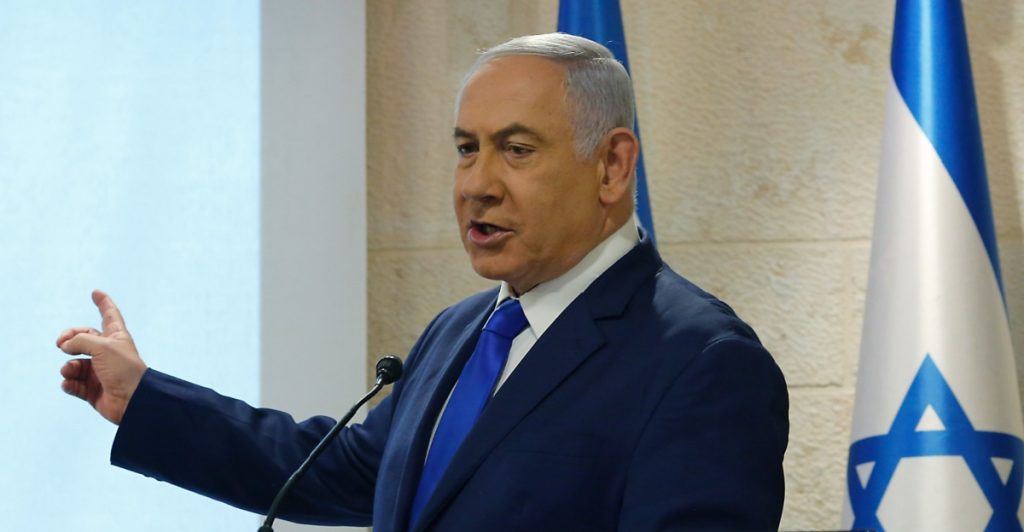Israeli Prime Minister Benjamin Netanyahu’s visit to Washington sharpened global focus on the Gaza conflict. As talks with President Trump advanced, Netanyahu made his stance clear: the war isn’t over until all hostages are freed and Hamas is dismantled.
Others are reading now
Israeli Prime Minister Benjamin Netanyahu’s visit to Washington sharpened global focus on the Gaza conflict. As talks with President Trump advanced, Netanyahu made his stance clear: the war isn’t over until all hostages are freed and Hamas is dismantled.
Ceasefire Within Reach?
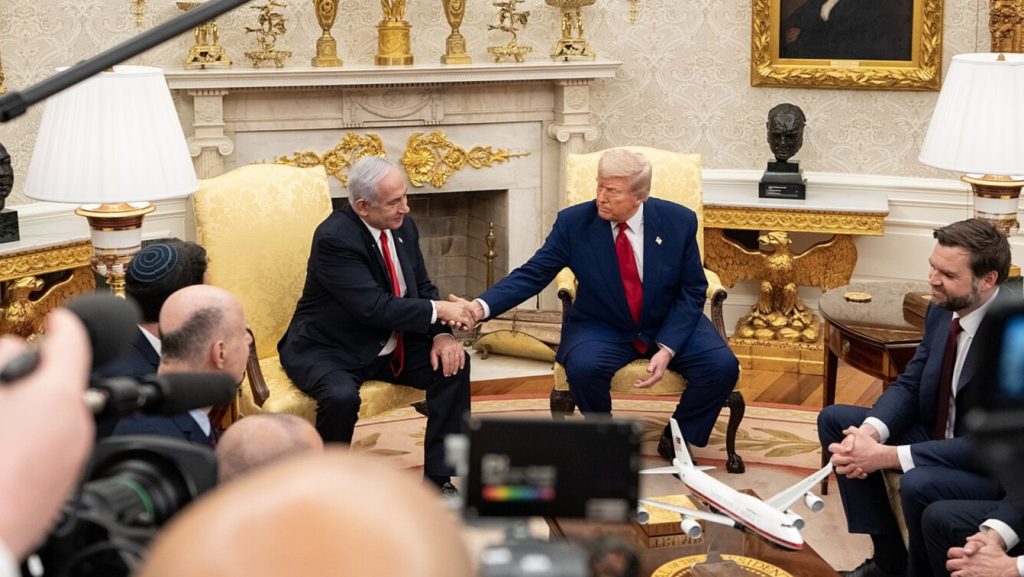
Negotiators are reportedly down to one unresolved issue in Israel-Hamas talks. Trump’s Middle East envoy signaled optimism, suggesting a temporary 60-day ceasefire could be reached within days.
Hostages at the Heart of Diplomacy
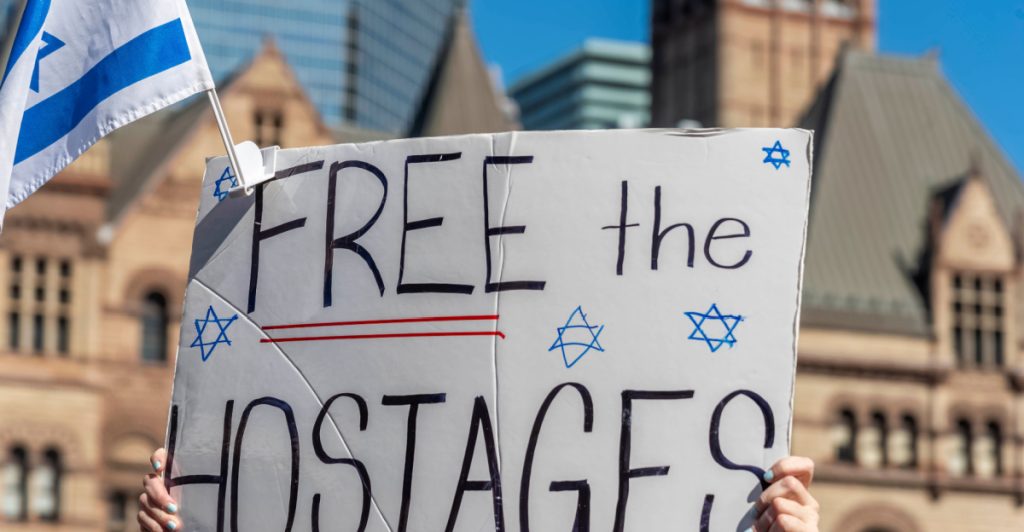
Freeing the remaining 50 hostages was central to Netanyahu’s discussions. The proposed ceasefire would secure the return of ten living captives and nine deceased, offering a possible breakthrough after nearly two years of war.
Netanyahu: “Finish the Job”
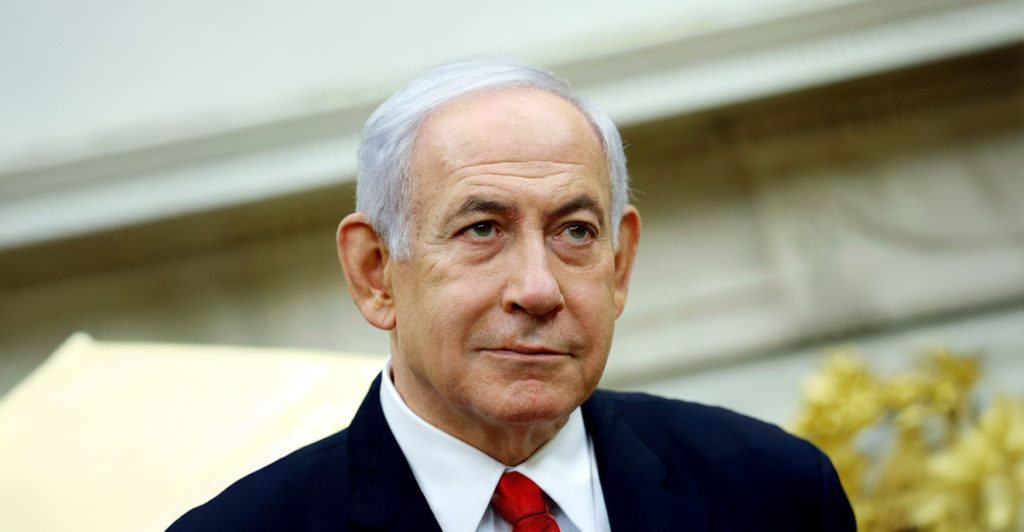
Despite ceasefire momentum, Netanyahu declared the campaign incomplete. He vowed to destroy Hamas’ military and government capabilities, stating, “We have still to finish the job in Gaza.”
Also read
Qatar’s Influence Behind the Scenes
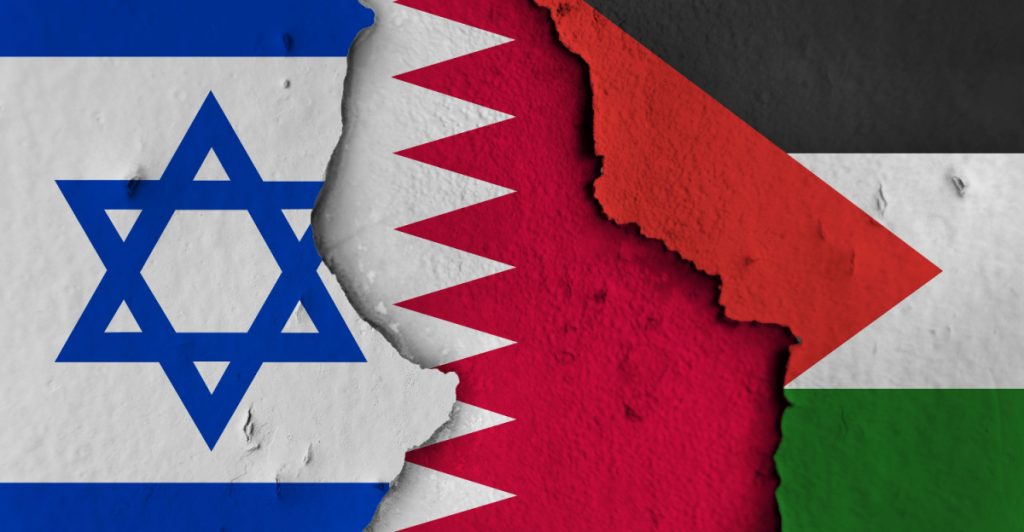
Qatar continues to mediate indirect negotiations between Israel and Hamas. A high-level Qatari delegation met with senior U.S. officials ahead of Netanyahu’s arrival, shaping the current diplomatic push.
Iran Conflict Fuels Regional Tension
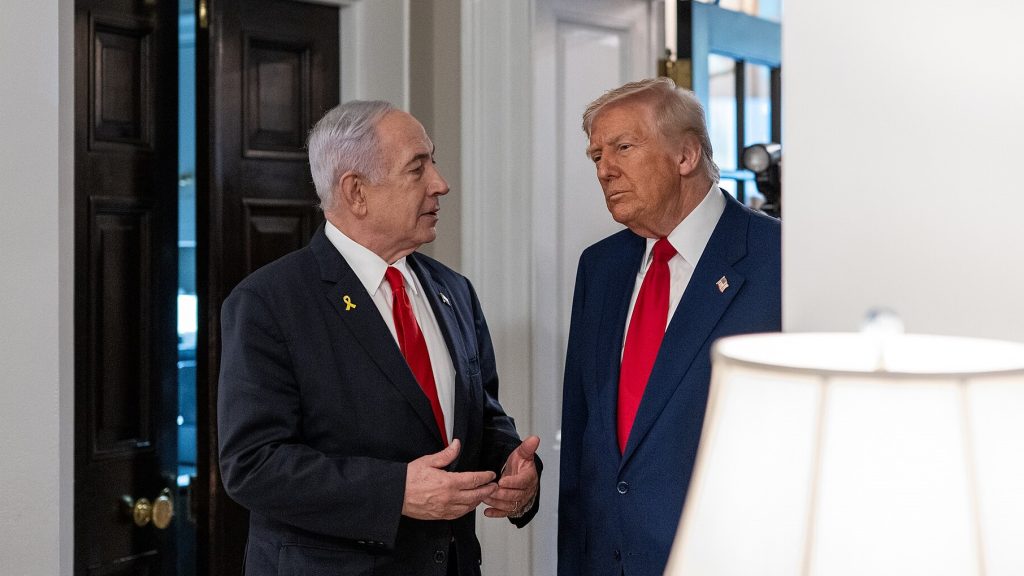
Netanyahu and Trump also reviewed joint U.S.-Israeli strikes on Iranian nuclear facilities. Netanyahu framed the operation as a strategic victory, linking Iran’s threat to the broader regional instability.
Gaza’s Escalating Humanitarian Crisis
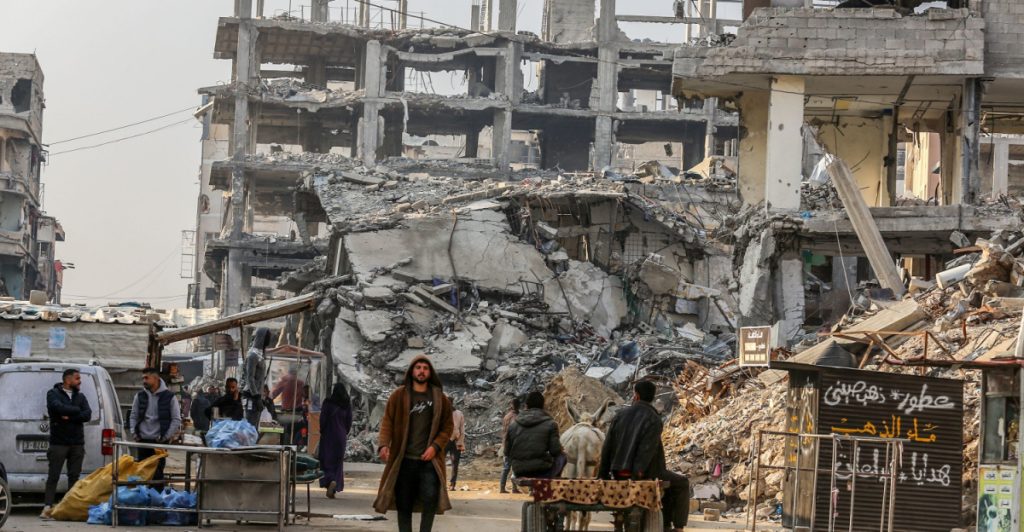
Over 57,000 Palestinians have been killed, and most of Gaza lies in ruins. The United Nations warns that nearly half a million people are at risk of famine, heightening international urgency for a ceasefire.
Abraham Accords: A Wider Vision
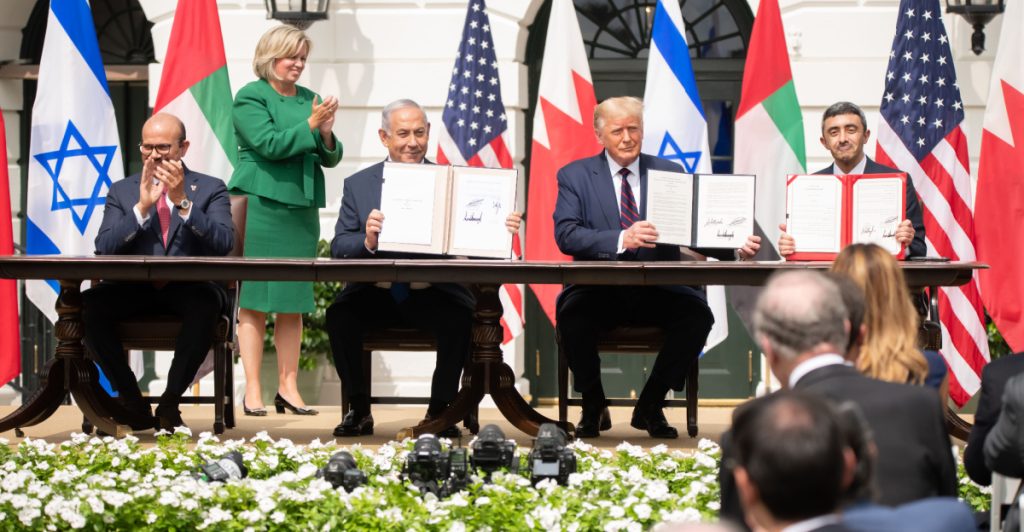
Netanyahu expressed renewed interest in expanding the Abraham Accords. The normalization agreements, launched in 2020, could gain new signatories if regional tensions ease.

